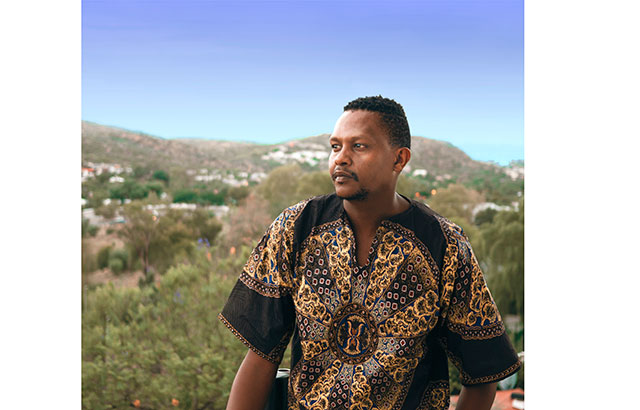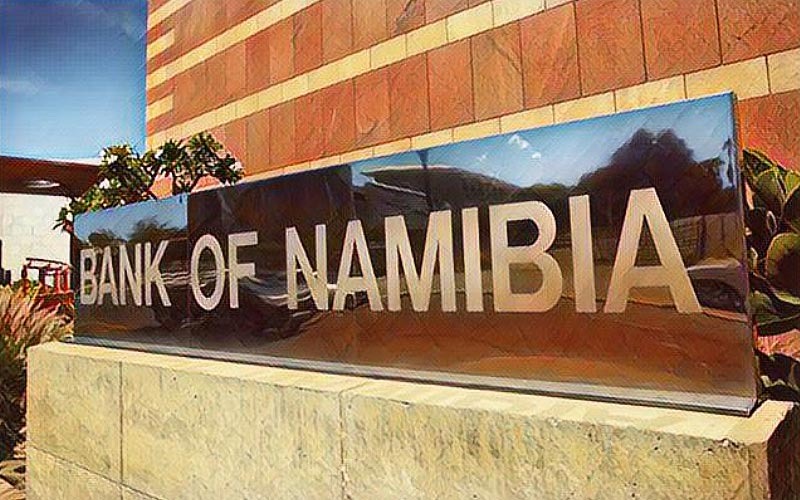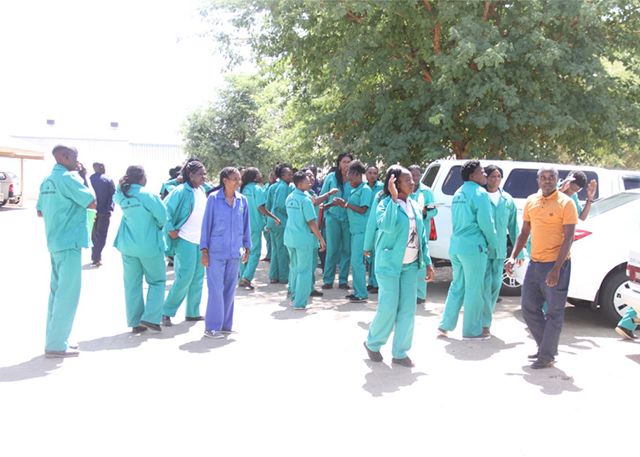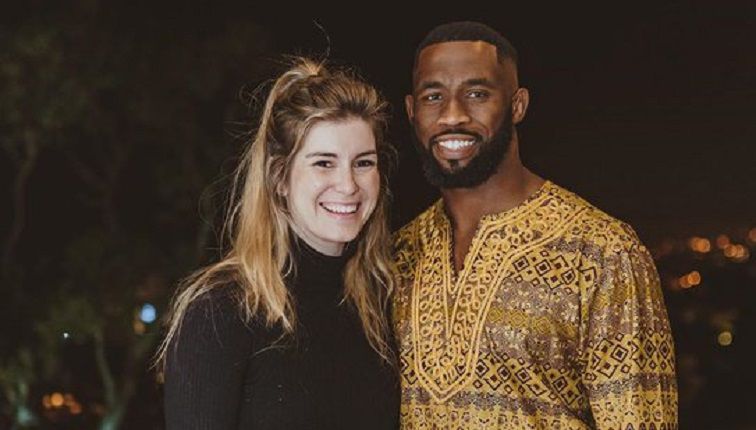Fresh from speaking on a series of Royal African Society ‘Africa 2019: Forecast and Prospects’ panels in London and Scotland before alighting in Lusaka to attend an opening by Modzi Arts, National Arts Council of Namibia (NACN) chairperson Patrick Sam is currently en route to Kuala Lumpur for the eighth World Summit on Arts and Culture.
Representing Namibia as a speaker and a nominee to the board of the International Federation of Arts Councils and Culture Agencies (IFACCA), Sam will join leading government representatives, policymakers, researchers, managers and practitioners from arts and culture sectors from around the world to mine the theme ‘Mobile Minds: Culture, Knowledge and Change’.
“My presentation is entitled ‘The Most with the Least’, and it looks at the nature of developing countries and how competing interests in public expenditure mean that funding for the cultural and creative industries is not prioritised and is sidelined by both the public and private institutions,” says Sam.
“I will be telling the story of the NACN and how we have been able to transform: The story of an institution that was dead to a functional institution that still has serious improvements to make. I will be looking at the structures, development and evolutionary issues that pop up for us at the NACN and other public institutions, particularly in developing countries.”
Imparting the idea that we have to do the most with what we have to ensure investment and opportunity, Sam will also be speaking about Africa’s young demographic and how the cultural and creative industries (CCI) provide opportunities for many young Africans while addressing identity, well-being and mobility.
“My aspiration is to share the things that have worked for us, and the things that have not worked for us. And through this, hopefully, we can mobilise people and institutions with power and resources to hugely invest in human development through the arts,” says Sam.
“International solidarity is key to making sure that there is a global movement that has the adequate knowledge, a functional system and services to ensure the well-being of people, the sustainability of the planet and guarantees prosperity for all.”
One of the founders of last year’s Arts Summit of Southern Africa, which explored the theme ‘Human Creativity is a Vital Cultural, Social and Economic Resource’, Sam continues to build on this idea as his palpable passion for arts, culture and human development takes him across the globe.
“It’s important to recognise that there is power in numbers and that our industry needs more international solidarity and cooperation as a means to ensure that CCI is adopted as a key development pillar for human development. Many people believe that the arts are part-time, and they don’t understand how key it is for human development,” says Sam, before expounding on what CCI are.
“Creative and cultural industries are an intersectional approach towards arts that focuses on the cultural, social and economic impact of human creativity, which has traditionally been the responsibility of merely the arts and culture sector,” says Sam.
“However, with advancement in technology, there are new intersections that create new opportunities in things like gaming, architecture and fashion, for example.
“Currently in Namibia, we are not optimising the opportunities that would ensure a drastic growth in IP, in goods and services that are destined for the local and global markets. This is largely due to the level of confidence consumers have in their own cultural goods. In Namibia, there is an ascending trend towards local goods; these efforts need to become compounded so that the impact is exponential.”
Remarking that it’s not merely a pastime and that a lack of exposure develops a person who is not necessarily constructive for human development, Sam sees arts as vital.
“They are essential for nurturing people in society who are able to contribute and not destroy the planet, people and prosperity. It’s a high-stakes game. Without art, our humanity is compromised,” says Sam.
“I think it’s important for people to access the knowledge of why the arts are significant. This knowledge must be complemented by a system and services that are able to enhance the experience of artists, the arts industry, arts educators and lovers.
Concluding with an introduction to ‘Creative Namibia’, an NACN multi-sectoral platform which will ensure that all stakeholders come together to identify their role and responsibilities, Sam imagines diverse creative and cultural industries built on policies and practices that “ensure that the soil in which we function is fertile”.
Stay informed with The Namibian – your source for credible journalism. Get in-depth reporting and opinions for
only N$85 a month. Invest in journalism, invest in democracy –
Subscribe Now!






